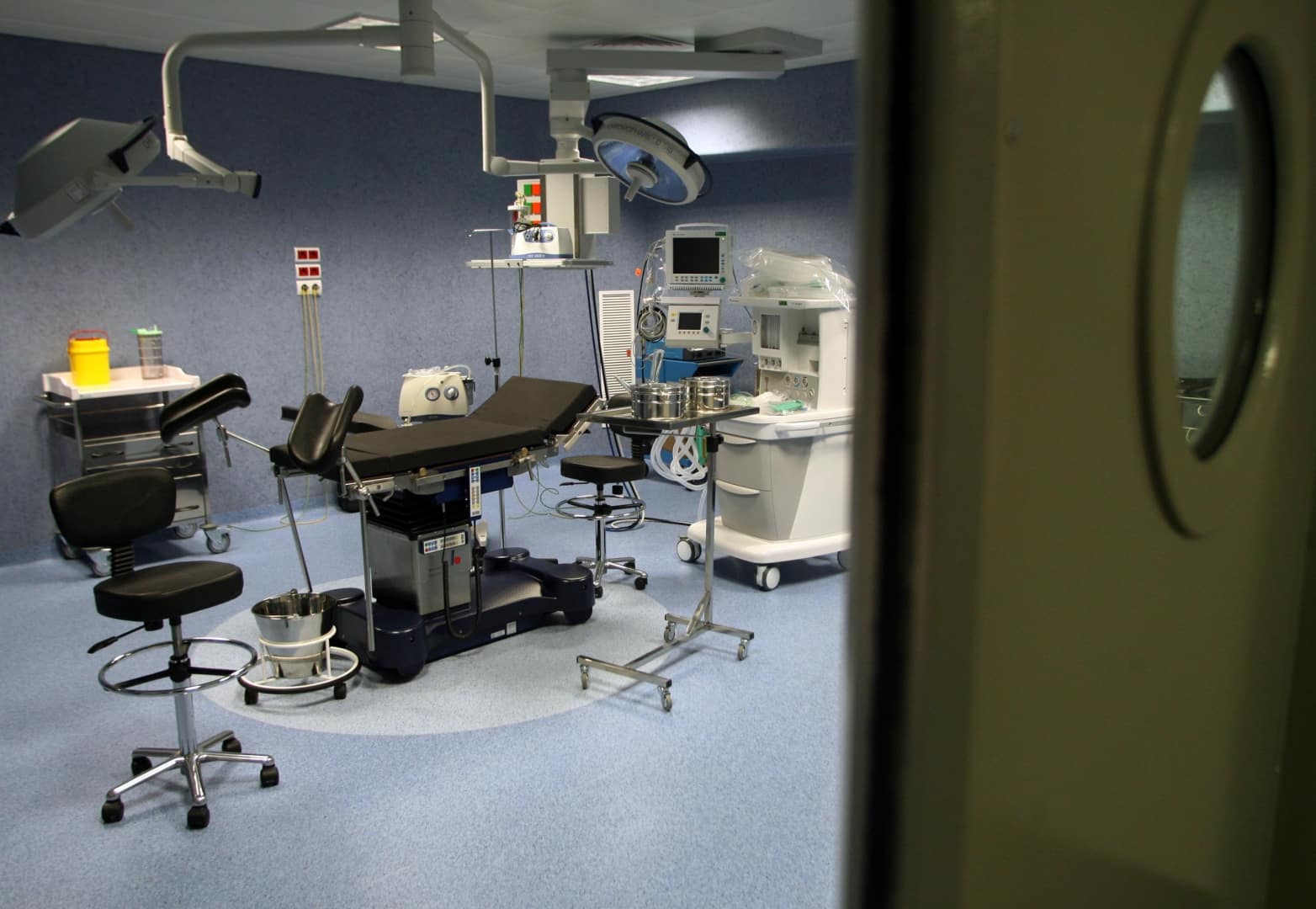Regulator installs process following multiple complaints about ‘difficulties’ in State health service
Portugal’s Health Regulatory Authority (ERS) has issued instructions to several health units – determining the opening of a monitoring process – following complaints from users about difficulties in accessing abortions in mainland Portugal.
The moves appear to have date back to March last year, but have only been made public today in a report released by ERS on deliberations in the 4th quarter of 2023.
Says Lusa, the notification of the opening of the monitoring process was sent to all official and officially recognised establishments able to carry out IVG (Voluntary Interruption of Pregnancy), as well as to the DGS (general directorate of health) and to the Ordem dos Médicos (Order of Physicians).
ERS also ruled that health units must “guarantee, at all times, that the legitimate rights and interests of (health service) users are respected in the provision of healthcare.”
Healthcare “must be provided humanely (…) and within a clinically acceptable period of time.“
These instructions targeted the health centre groupings (ACES) of Alto Ave – Guimarães, Vizela and Terras de Basto, Ave/Famalicão, Cávado I – Braga, Cávado II – Gerês/Cabreira, Entre Douro e Vouga I – Feira and Arouca, Entre Douro e Vouga II – Aveiro Norte, Grande Porto III – Maia/Valongo, Tâmega II – Vale do Sousa Sul, Tâmega III – Vale do Sousa Norte, Grande Porto VII – Gaia, Grande Porto VIII – Espinho/Gaia, Alto Trás-os-Montes – Alto Tâmega e Barroso and Grande Porto V – Porto Ocidental.
The hospital centres of Médio Ave, Póvoa de Varzim – Vila do Conde, Tâmega e Sousa, Vila Nova de Gaia Espinho, Entre o Douro e Vouga, Trás-os-Montes e Alto Douro, Lisboa Ocidental, Oeste, Médio Tejo, Baixo Vouga, Setúbal, Leiria and Tondela-Viseu were also notified.
As well as the hospitals of Braga, Senhora da Oliveira – Guimarães, São João (Porto), Santo António (Lisbon), Lisboa Central, Lisboa Norte, Loures, Santarém, Amadora-Sintra, Espírito Santo (Évora), Garcia de Orta (Setúbal), Vila Franca de Xira, Algarve, Cova da Beira, Figueira da Foz and Coimbra.
The ACES of Dão Lafões, Grande Porto I – Santo Tirso/Trofa, Cávado III – Barcelos/Esposende, Grande Porto IV – Póvoa de Varzim/Vila do Conde, Douro I – Marão and Douro Norte, Saúde Douro II – Douro Sul, Lisboa Central, Loures Odivelas, Lisboa Norte, Lisboa Ocidental and Oeiras, Oeste Norte, Oeste Sul, Médio Tejo, Arrábida, Saúde Lezíria, Almada/Seixal, Cascais, Sintra, Alentejo Central, Algarve I – Algarve Central, Algarve II – Algarve Barlavento, Algarve III – Algarve Sota-vento, Baixo Vouga, Pinhal Interior Norte, Cova da Beira and Baixo Mondego were also mentioned, as were the local health units of Matosinhos, Norte Alentejano, Litoral Alentejano, Baixo Alentejo, Castelo Branco and Guarda, and Galo Saúde – Parcerias Cascais, the investor in Cascais Hospital.
Says Lusa, the strategy of creating a monitoring process came about after ERS became aware in February last year “through news reports in the media” of “possible constraints on referral and access for users to undergo IVG, by personal choice, in SNS establishments”.
By detailing the multiple establishments able to carry out abortions, ERS is also ensuring that women needing them will know their rights.
Source: LUSA




















